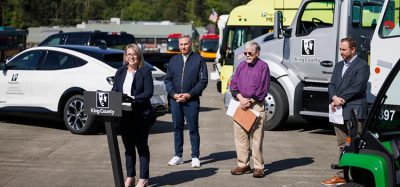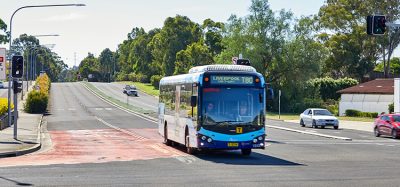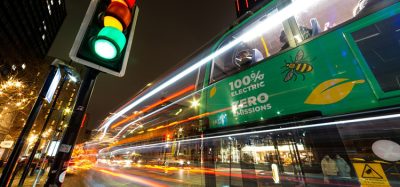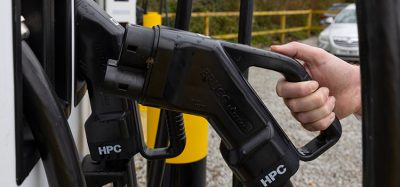What’s on the modern mobility sector’s agenda today?
- Like
- Digg
- Del
- Tumblr
- VKontakte
- Buffer
- Love This
- Odnoklassniki
- Meneame
- Blogger
- Amazon
- Yahoo Mail
- Gmail
- AOL
- Newsvine
- HackerNews
- Evernote
- MySpace
- Mail.ru
- Viadeo
- Line
- Comments
- Yummly
- SMS
- Viber
- Telegram
- Subscribe
- Skype
- Facebook Messenger
- Kakao
- LiveJournal
- Yammer
- Edgar
- Fintel
- Mix
- Instapaper
- Copy Link
Posted: 11 November 2019 | Sam Mehmet (Intelligent Transport) | No comments yet
Delegates at the Intelligent Transport Conference 2019 took part in five roundtable discussions on a variety of themes, from the transport workforce to making MaaS work – here are the key discussion points from each one.
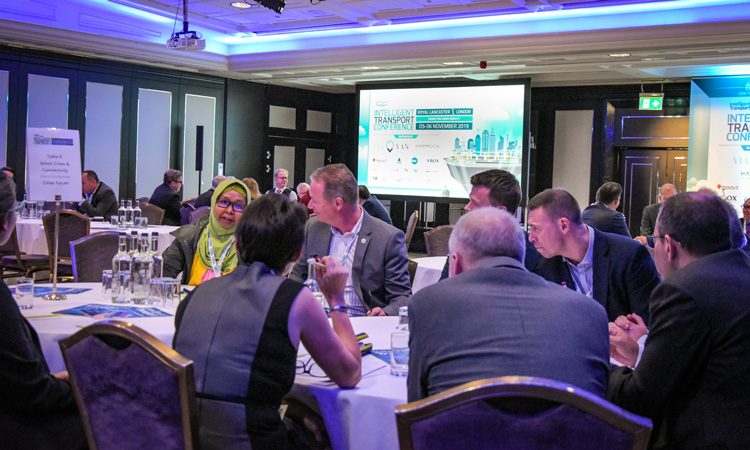

The workforce
The transport sector today finds itself struggling to attract new staff, whether that’s drivers, engineers, ticketing staff or otherwise, due to a number of reasons such as a lack of promotion or a misconception of the sector being outdated.
The nature of the gig economy does not produce quality apprenticeship levies for transport, which, in turn, furthers this perceived unattractiveness of the sector.
Young people and those seeking new career options do not necessarily receive the relevant information about working within the transport sector, and the skills gap expands across countries. Further to this, the needs of those in urban areas and rural areas differ dramatically, which makes it even more difficult to prioritise the skills gap focus.
With the industry in constant flux, skills training must be consistently adapted and updated; even the most experienced staff should receive on-going training.
Closer relationships should also exist between operators, training organisations and academics in order to further develop the sector and the all-round skills of existing and new staff.
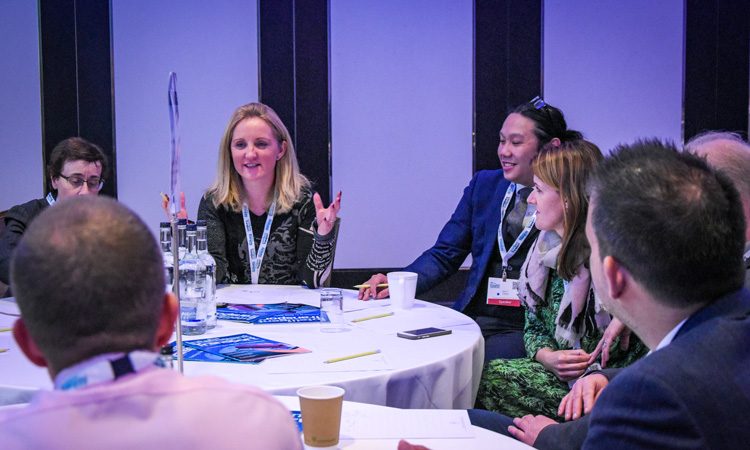

Mobility-as-a-Service
Before predicting how MaaS can deliver behavioural change in passenger travel, the industry needs to better understand what change it is actually looking for. The industry needs the right KPIs and metrics in order to promote the appropriate and worthwhile change.
The role of data plays a huge role in this; it will allow the industry to shape the future in a way that is as close to fact as possible. Data will allow stakeholders to create a clearer image of how the industry has developed, at what rate and with what focus.
There is also a need for a “carrot and stick” in order to push passengers in the right direction, such as awarding ‘mobility credits’ for smart and/or sustainable travel.
Once deemed appropriate/worthwhile, MaaS needs to improve on and integrate into existing infrastructure, rather than just exist alongside it as an optional add on.
The Intelligent Transport Conference will be returning in 2020. Click here to register your interest and receive the latest information!
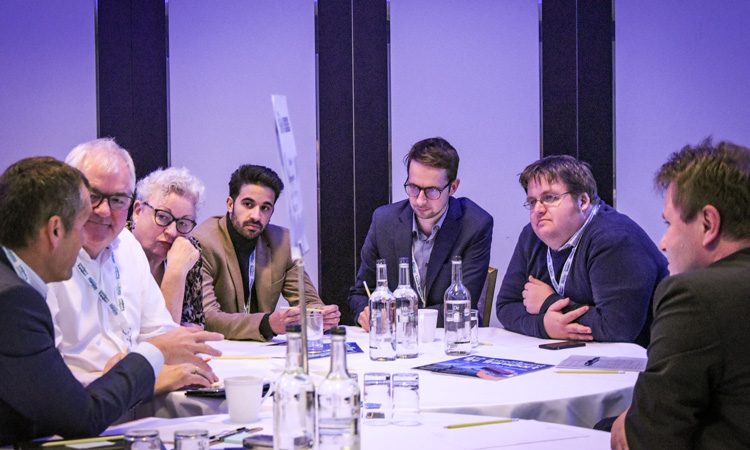

Payments
The future of payment within the transport sector lies with EMV contactless closed-loop systems. Mobile ticketing and contactless payments will not only reduce the need for physical tickets, but improve the passenger experience by removing elements that sometimes confuse a journey, such as the managing of several physical tickets on longer journeys.
Payment systems could use data to offer the passenger the best deal based on their journey history and travel behaviour record.
Mapping
There is no such thing as a typical customer – people make different journeys every day due to a number of reasons and changing circumstances. Therefore, there is a need for dynamic routing/mapping in order for these changes to be appropriately represented.
Successful mapping must use the date we already have, as well as provide up-to-date information with new data. But industry must refine regulations – who owns the data? Who is responsible for caring for the data? Who is accountable if things go wrong?
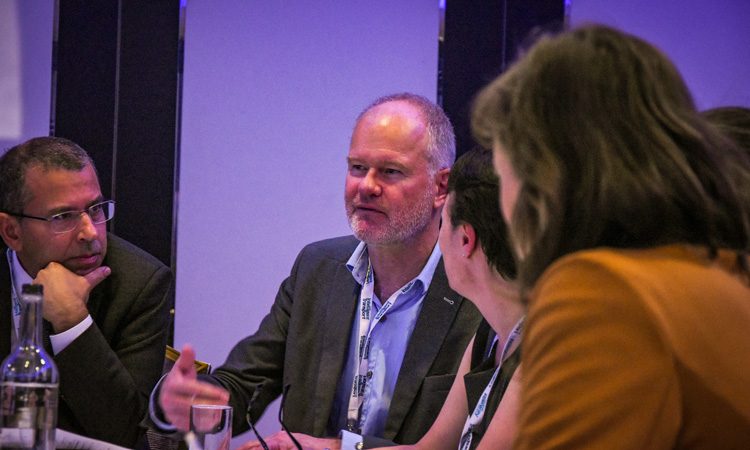

Smart cities and connectivity
Is it possible to make a city truly connected? Do citizens even want smart cities? Is the term ‘smart city’ outdated? Should cities fund rural connections?
For a smart city to function efficiently, it must involve citizens in all social challenges. The end goal must focus on making the city a better place for everyone involved, from passengers to transport operators and authorities.
Smart cities should also support emergency situations and should bring services closer to users. Logistics must be carefully considered to ensure the most efficient use of the road or transport system, for example.
A cultural shift is required, but this relies on trust – a major issue in some cities with the sector constantly changing and updating.




